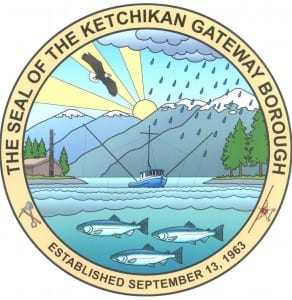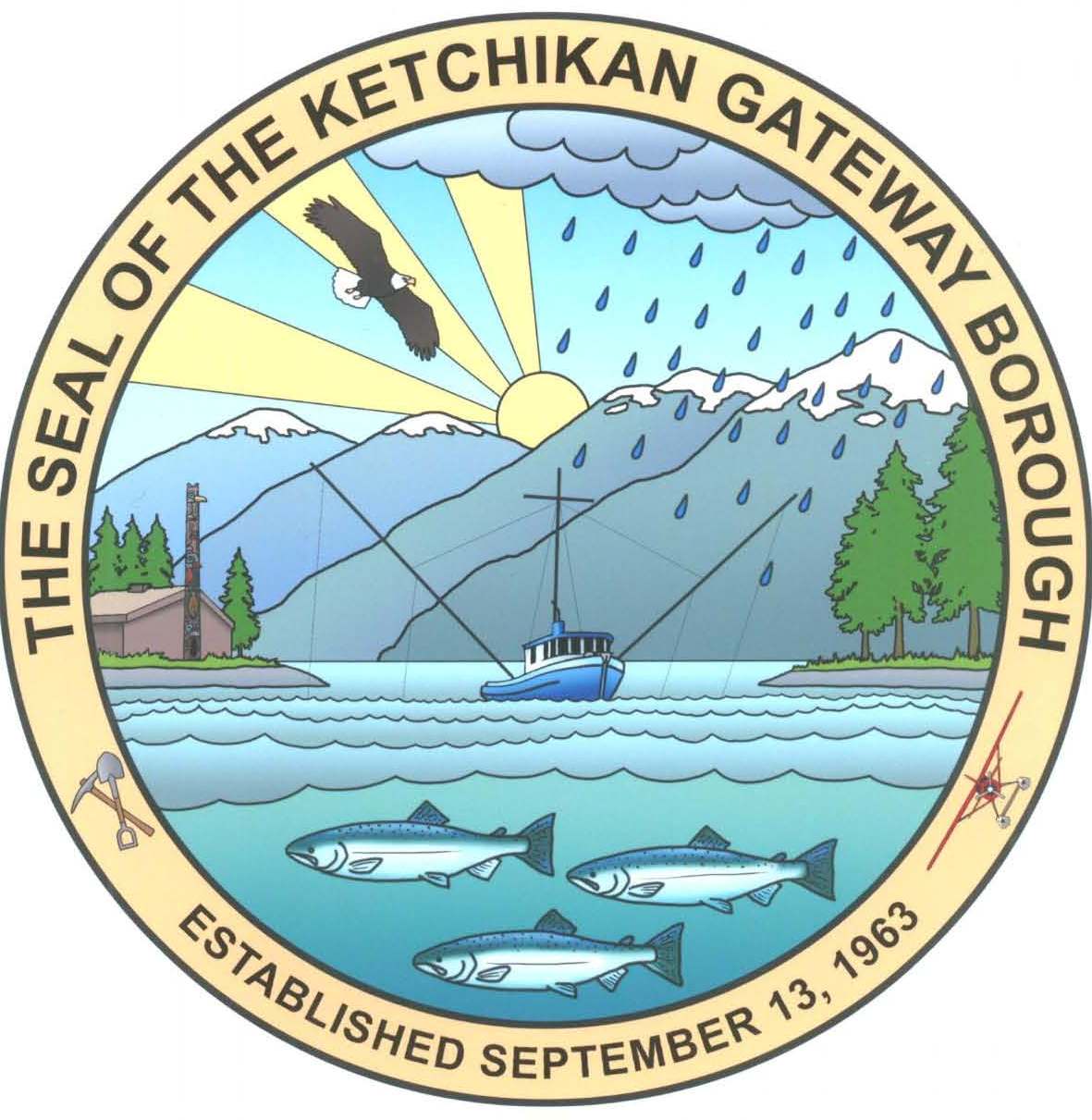 The Ketchikan Gateway Borough Assembly voted unanimously Monday to reject an ordinance that called for South Tongass homes to hook up to the service area’s water system.
The Ketchikan Gateway Borough Assembly voted unanimously Monday to reject an ordinance that called for South Tongass homes to hook up to the service area’s water system.
During a public hearing on the ordinance, residents of South Tongass who spoke were overwhelmingly opposed to the motion, which would have required homes currently not hooked up to the water system to connect upon transfer of ownership.
Herring Cove resident Chris Boyette said he moved to the South End because he wanted to live independently. He said he loves his rain catchment system, and doesn’t want to give it up.
“I’m up here because it offends me that my service area wants to force a service down my throat that I don’t want,” he said.
Boyette said he might not have to hook up to the system now, but if he ever sells his home, he would have to pay to connect to the water main.
Other South Tongass residents who spoke were concerned about the health effects of using chemically treated water. They, too, said they prefer their rainwater systems.
Later in the meeting, Assembly members talked about whether to delay action on the issue in order to give borough staff time to come up with options that would be more palatable to residents.
Assembly Member Alan Bailey proposed delaying the topic until the Assembly’s January policy meeting. But, Assembly Member John Harrington said, it’s time to put an end to the issue.
“I don’t want to see this coming back again, and looking around this table, I’m almost positive it’s going to be defeated here shortly,” Harrington said. “There is a need in the South Tongass area to make sure we have this system and keep it intact.”
But, Harrington said, the solution shouldn’t include forcing people to accept a service they don’t want. He and other Assembly members asked the borough manager to work with the South Tongass Service Area board to come up with alternatives, such as increased mill rates or special fees for homes that aren’t connected to the system.
One justification for a fee is that all homes in the service area benefit from the fire hydrants that are part of the water system. Hydrants help to reduce home insurance costs.
Also Monday, the Assembly rejected a rezone request for the planned White Rock Estate development in the D-1 Loop area. That vote also was in response to strong public sentiment. Residents spoke passionately against the proposed development, and the rezone to High Density. They were concerned about increased traffic, noise, and sewer and water needs.
Property owner and developer Trevor Sande said the plan for that 26-acre property has changed significantly over the past five years, and he’s tried to keep neighbors’ concerns in mind.
“This current plan has one structure … it’s essentially one structure per acre, nearly twice what the suburban residential code allows, which is one structure every 25,000 square feet,” he said. “So, not only have I tried to match the suburban residential density, I’ve doubled that.”
The property formerly belonged to the borough, and a portion was used as a dump site for wood waste. Sande bought it and said he followed state regulations for capping the dump. He said that part of the site must be maintained, which limits what can be done with the property, and his plan works around that capped fill.
Assembly Members weren’t necessarily opposed to Sande’s proposal.
“I kind of like Mr. Sande’s plan, but I don’t think I can oppose the public testimony, which has been pretty strong. Or maybe even fierce,” said Assembly Member Bill Rotecki.
Because of that testimony, the rezone request failed in a 2-5 vote. Assembly Members John Harrington and Felix Wong voted yes.
Also Monday, the Assembly appointed Alan Bailey as the new vice mayor.
The Assembly’s next regular meeting is Nov. 23. It’s a week later than usual, because several members will be absent for the annual Alaska Municipal League meeting.






